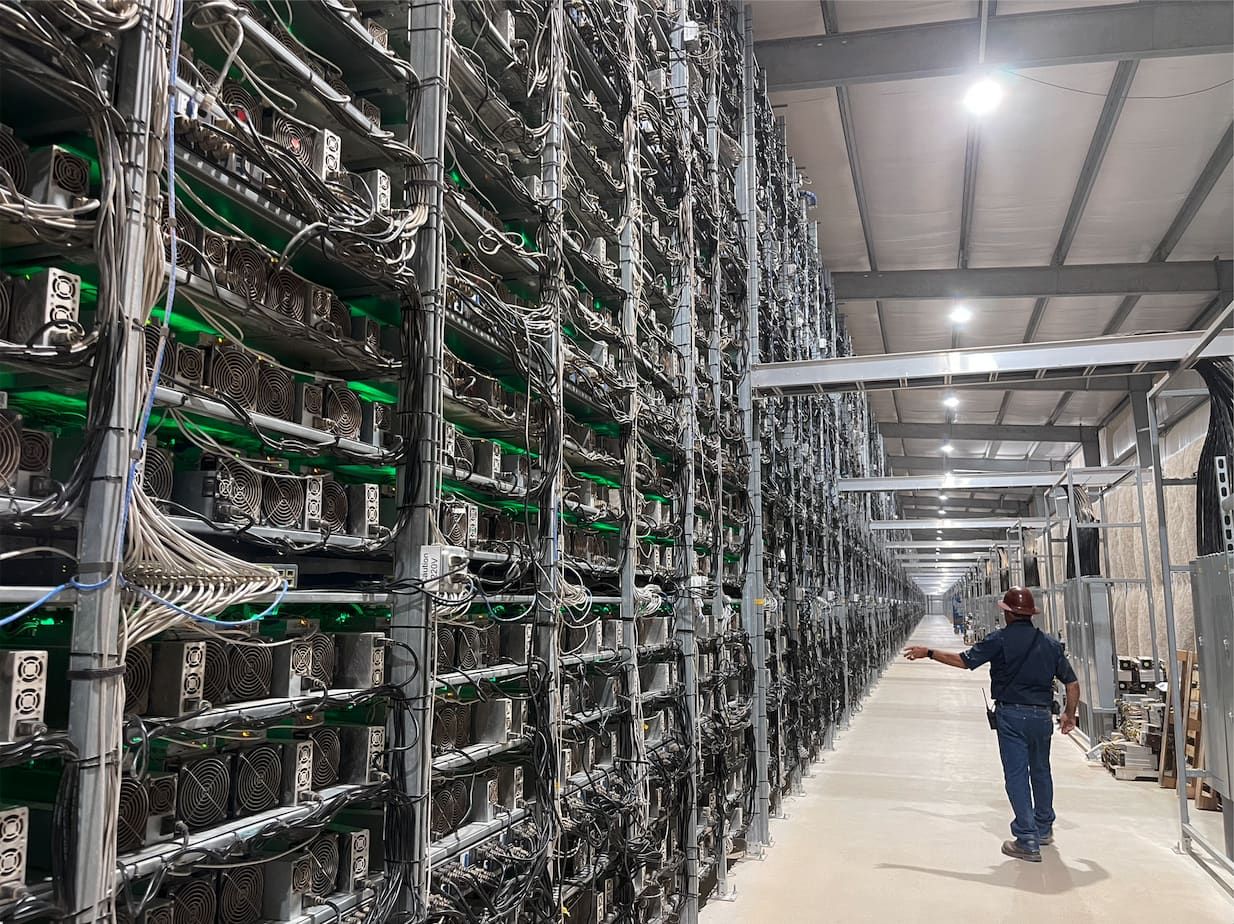Introduction:
Texas, a state known for its abundant energy resources, is asserting its support for the bitcoin mining industry through the passage of two bills during the latest legislative session. These bills aim to provide incentives and assistance to miners, establishing Texas as an attractive destination for mining operations. However, the industry faced a potential setback with the consideration of another bill that could have limited miners’ involvement in cost-saving demand-response programs. Although this bill was halted during the committee stage, there is a possibility of its reintroduction in the future. In contrast to Texas, different states across the United States are adopting diverse approaches to bitcoin mining regulations and incentives, leading to a varied landscape for the industry.
Supportive Legislation in Texas:
Texas has taken a proactive approach to solidify its position as a prominent bitcoin mining hub by enacting two bills: SB 1929 and HB 591. SB 1929 mandates miners with energy capacity exceeding 75 megawatts to register with the Public Utilities Commission of Texas and share their data with the Electricity Reliability Council of Texas. This emphasis on transparency and cooperation aims to strengthen the relationship between miners and relevant authorities.
HB 591 introduces tax exemptions for companies that utilize wasted gas, including data centers. By incentivizing the use of this gas for mining operations, Texas showcases its commitment to both the bitcoin mining industry and sustainable energy practices. These tax exemptions not only attract miners to the state but also promote the utilization of untapped energy sources.
Stalled Bill and Future Prospects:
Although the pro-mining bills in Texas have gained significant support, a potential obstacle for the industry emerged with SB 1751. This bill sought to restrict miners’ participation in cost-saving demand-response programs that offer power credits for reducing operations during periods of high energy demand. However, the bill did not progress beyond the committee stage in the recent legislative session.
Advocates of the mining industry emphasize the importance of enhanced communication with relevant authorities to improve transparency and the availability of public data on mining activities. Establishing a cooperative relationship would enable miners to address concerns and ensure a balanced approach to energy consumption. While the bill was not prioritized in this session, there remains a possibility of its reintroduction in the future. Continued dialogue and cooperation are crucial for maintaining a favorable environment for the bitcoin mining industry in Texas.

Diverse Approaches in Other States:
While Texas takes the spotlight in cementing its role as a mining hub, other states are adopting various approaches to the bitcoin mining industry. Arkansas and Montana have enacted legislation to protect mining activities, acknowledging the potential economic benefits of hosting mining operations. Conversely, bills supporting the industry in Missouri and Mississippi did not progress, indicating differing attitudes towards bitcoin mining among states.
In contrast, New York has implemented a moratorium on new fossil fuel-based bitcoin mines, aligning with the state’s commitment to transitioning to renewable energy sources and reducing carbon emissions. Similarly, Oregon is contemplating legislation to decrease greenhouse gas emissions from data centers, including bitcoin miners. These states prioritize environmental concerns while striving to regulate and incentivize the industry in accordance with their broader sustainability goals.
The Stalled Federal Proposal:
At the federal level, the proposed 30% tax on bitcoin mining, introduced by the Biden administration, seems to have hit a roadblock. The tax measure was not included in the recent bill on the debt ceiling. While industry stakeholders can perceive this as a temporary relief, continuous advocacy and engagement with policymakers will remain essential to ensure a favorable regulatory environment.
Conclusion
Texas’s recent legislation showcases its commitment to supporting the bitcoin mining industry and solidifying its role as a mining hub. By introducing bills that promote transparency, tax incentives, and the utilization of untapped energy sources, the state has positioned itself as an attractive destination for mining operations. However, the industry must continue to engage with relevant authorities and address concerns to maintain this favorable environment.
While Texas takes the lead, other states in the United States have taken diverse approaches to the bitcoin mining industry, reflecting a range of attitudes toward regulation, environmental considerations, and economic benefits. These varying approaches create an evolving landscape for miners, which requires ongoing advocacy and adaptation to navigate successfully.
As the industry continues to grow, stakeholders across the United States must collaborate to strike a balance between fostering innovation, supporting sustainable energy practices, and addressing environmental concerns. By doing so, the bitcoin mining industry can thrive while contributing to the broader goals of economic development and environmental sustainability.
©traders-news.online










